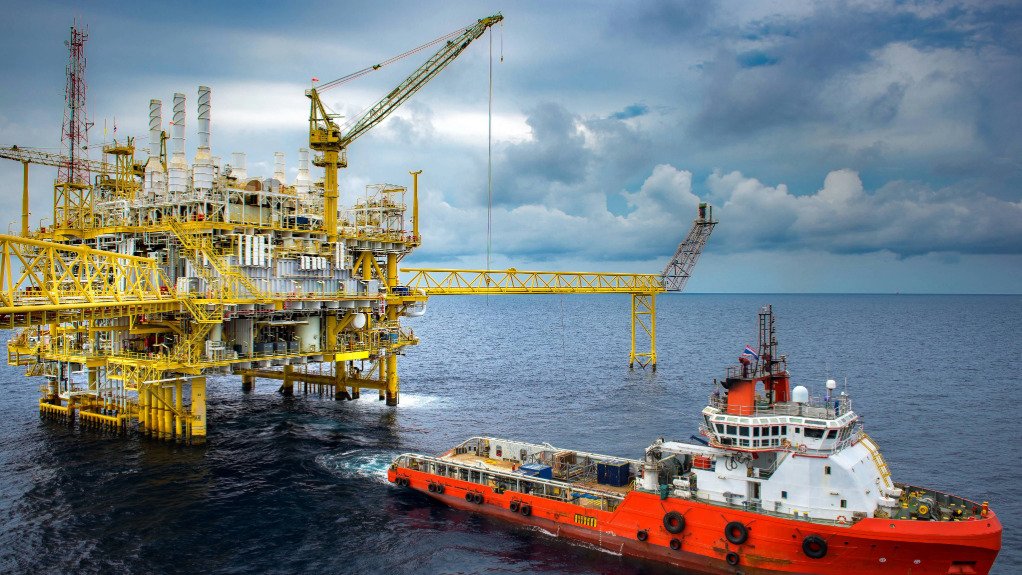Generation

Africa needs investment, not ideology – chamber

The chamber emphasised that long-term capital commitments, pragmatic policy frameworks and strategic partnerships are essential to advancing upstream developments, strengthening midstream infrastructure and ensuring that Africa benefited from its vast natural resources.
“At the AEC, we are very clear: Africa needs investment, not ideology. We reject the narrative that says our oil and gas resources should stay in the ground while millions of Africans live in energy poverty. To attract capital, we are pushing governments to adopt competitive fiscal terms, cut red tape and create bankable projects. We must make investment in Africa not only possible but profitable,” Ayuk argued.
The chamber engages directly with investors – ranging from national oil companies to private equity firms – to discuss where key opportunities can be found and harnessed.
With Africa having the fastest-growing populations and markets, Ayuk added that there is “no better place for long-term investment returns”, with the AEW having become the ideal platform and a place where “investors meet governments, deals get signed and Africa tells its story on its own terms”.
Development Strategy, Gas Foundation, Skills Transfer
The AEC outlines a sectoral growth strategy that should be predicated on policy reforms and innovative financing instruments. The latter includes risk guarantees and blended finance, building strong African capital markets, and encouraging local pension funds, sovereign wealth funds and private equity to invest in African oil and gas projects.
Ayuk also stressed that governments in Africa must build policies that welcome gas-to-power (GtP), and liquefied natural gas (LNG), while promoting solar, wind and hydrogen projects.
In noting the need to expand grid infrastructure and create enabling energy regulations, Ayuk cautioned against accepting an energy transition that eliminates jobs, drives up energy costs and deepens poverty.
Highlighting the chamber’s stance on the role of natural gas as a bridge fuel and the efforts required to promote its development as a critical energy source, he said gas represents a solid foundation for industrialisation.
Producing oil and gas without industrialisation is a wasted opportunity; revenues accrued must be allocated towards infrastructure, education, healthcare and building industries that persist when oil prices fall, or wells dry up.
The chamber is advocating for investments in refineries, petrochemical plants, GtP and downstream industries: “Gas means fertiliser, power plants, petrochemicals and jobs. It reduces flaring, cuts emissions when replacing coal and diesel, and provides baseload energy that renewables alone cannot deliver,” Ayuk added.
The AEC is also actively working with governments to create attractive gas monetisation policies, support LNG projects and push for regional gas pipelines while encouraging companies to adopt carbon capture, methane reduction and cleaner technologies to ensure responsible development.
The chamber also aims to hold governments accountable by ensuring that transparency in revenue management is given the attention it deserves.
Further, in elaborating on the importance of transferring skills and fostering the participation of African companies in the upstream oil and gas sector, Ayuk highlighted that local content is non- negotiable.
The chamber advocates for mandatory local-content policies that serve not as a burden, but as an opportunity, and international companies could assist this initiative by investing in training, mentorship and partnerships with local firms.
Skills transfer is a sustainable way of ensuring that Africa has the expertise to lead in the energy sector for decades to come: “Africa is open for business. We have the resources, the people and the markets. What we need are partners who believe in our potential,” Ayuk concluded.












